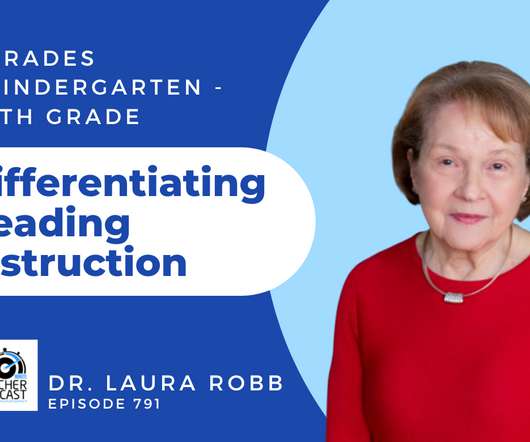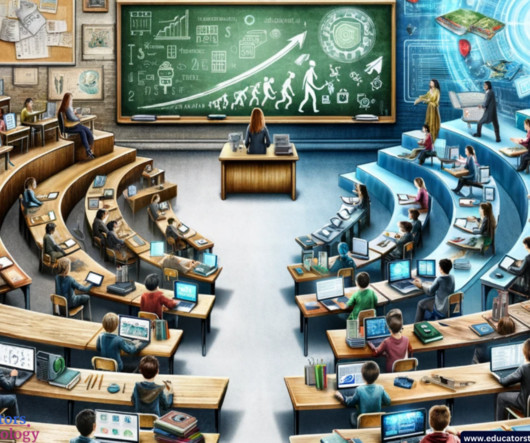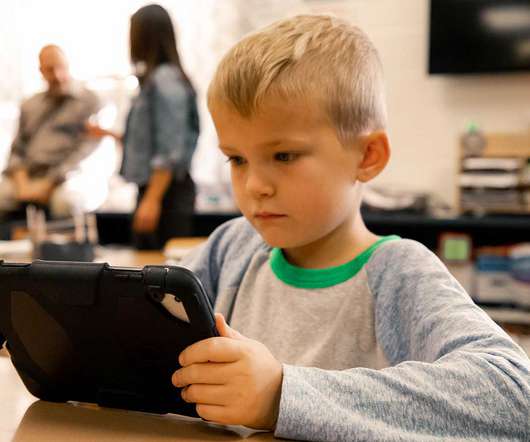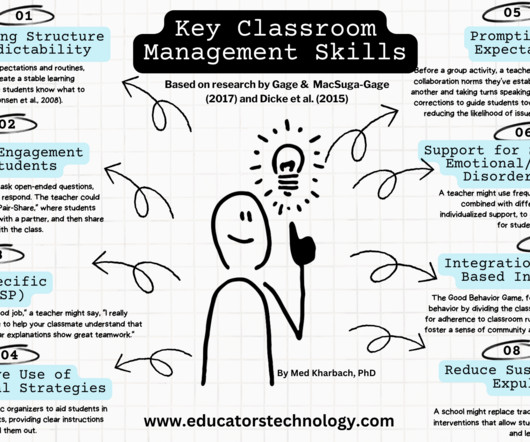Differentiating Instruction in Kindergarten and Elementary Grades with Laura Robb
The CoolCatTeacher
SEPTEMBER 6, 2022
This is an extended, 38-minute episode that covers everything about differentiating instruction with reading and is designed to be a complete overview to help every teacher working with young or struggling readers. This episode also includes a transcript on differentiating instruction. eSpark is free forever for teachers.


























Let's personalize your content